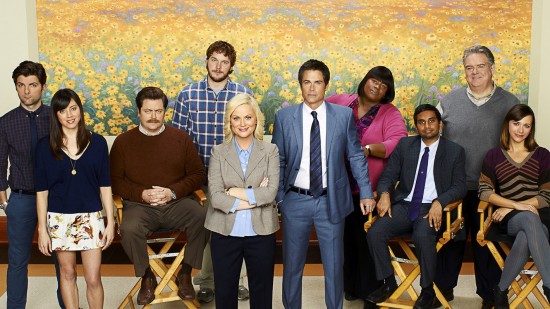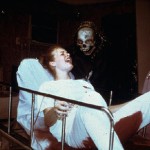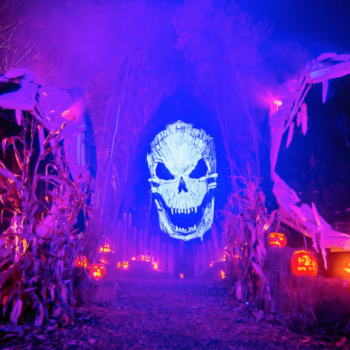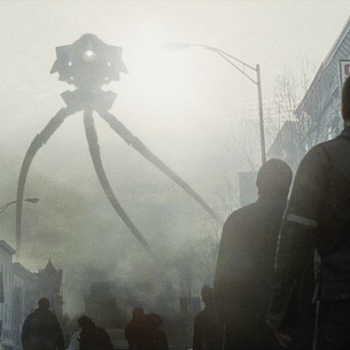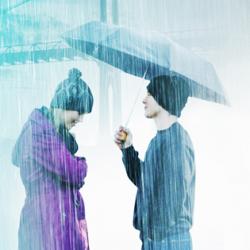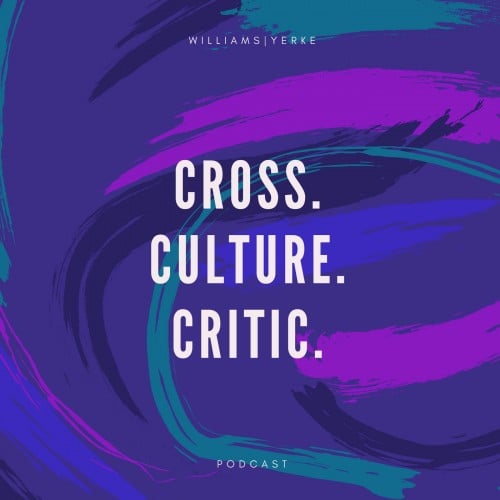Parks and Recreation
“Parks and Recreation” ended a few years ago, but the show is always close to my mind. I don’t know that any other sitcom in recent years created a lineup of characters I love quite as much as Leslie, Ron, Andy, Tom, Gary/Jerry/Larry, and the rest. What started as an “Office” clone grew into something far richer and funnier and more tonally in line with the satire of “The Simpsons,” with a liberal dose of optimism mixed in.
There’s actually a lot of political-related television people can turn to this election season, and many of my friends are making their way through “The West Wing” or “Veep” before Nov. 8. But when I felt the vitriol and rage was getting too much to handle, “Parks and Rec” was my first choice. On Netflix, it’s only about 20 minutes or so, which makes it easy to breeze through. Unlike “Veep,” the show doesn’t give in to cynicism, and keeps things positive (it’s also easier to watch “Parks” with kids in the house than “Veep”). Plus, while politics give the show its backdrop, the reason I keep returning to “Parks and Rec” is the same reason I keep watching old episodes of “30 Rock” or “The Office”: the characters are great, and I’m guaranteed to laugh really hard. The show was never a huge hit, but many of its stars — including Amy Poehler, Nick Offerman, Aziz Ansari, Aubrey Plaza and Chris Pratt — are some of the most reliably funny people working today. And while Ron Swanson may have been the show’s breakout character, the great thing I’m learning on re-watching is that “Parks and Rec” utilized its bench wisely. No character became an Urkel; they used each cast member wonderfully and never overplayed them. It was the best comedic television ensemble since “Arrested Development.”
But you can’t escape the politics of “Parks.” As a former reporter for a community newspaper, I can confirm its depiction of town halls isn’t too far from the truth. The show started as an “Office”-esque tweaking of low-level municipal workers, but as it improved and grew into something more ambitious, it addressed the political debates over gay marriage, corporate malfeasance, government shutdowns and more. The heart of the show was the relationship between libertarian Ron Swanson, who headed the parks department, and ambitious liberal Leslie Knope, his deputy. Their ideological clashes provide the spark for many of the show’s best conflicts and laughs, but the beauty of “Parks” is that Ron and Leslie are rarely enemies. Instead, they have one of TV’s great friendships and, although they bicker, they still encourage, advise and support each other others have written about this much better than I can. This model of political discussion — where we can disagree and still have a beer (or waffles, bacon and eggs) together — is what we need more of in America. All that, plus this.
The entire run of “Parks and Recreation” is available for streaming on Netflix.

